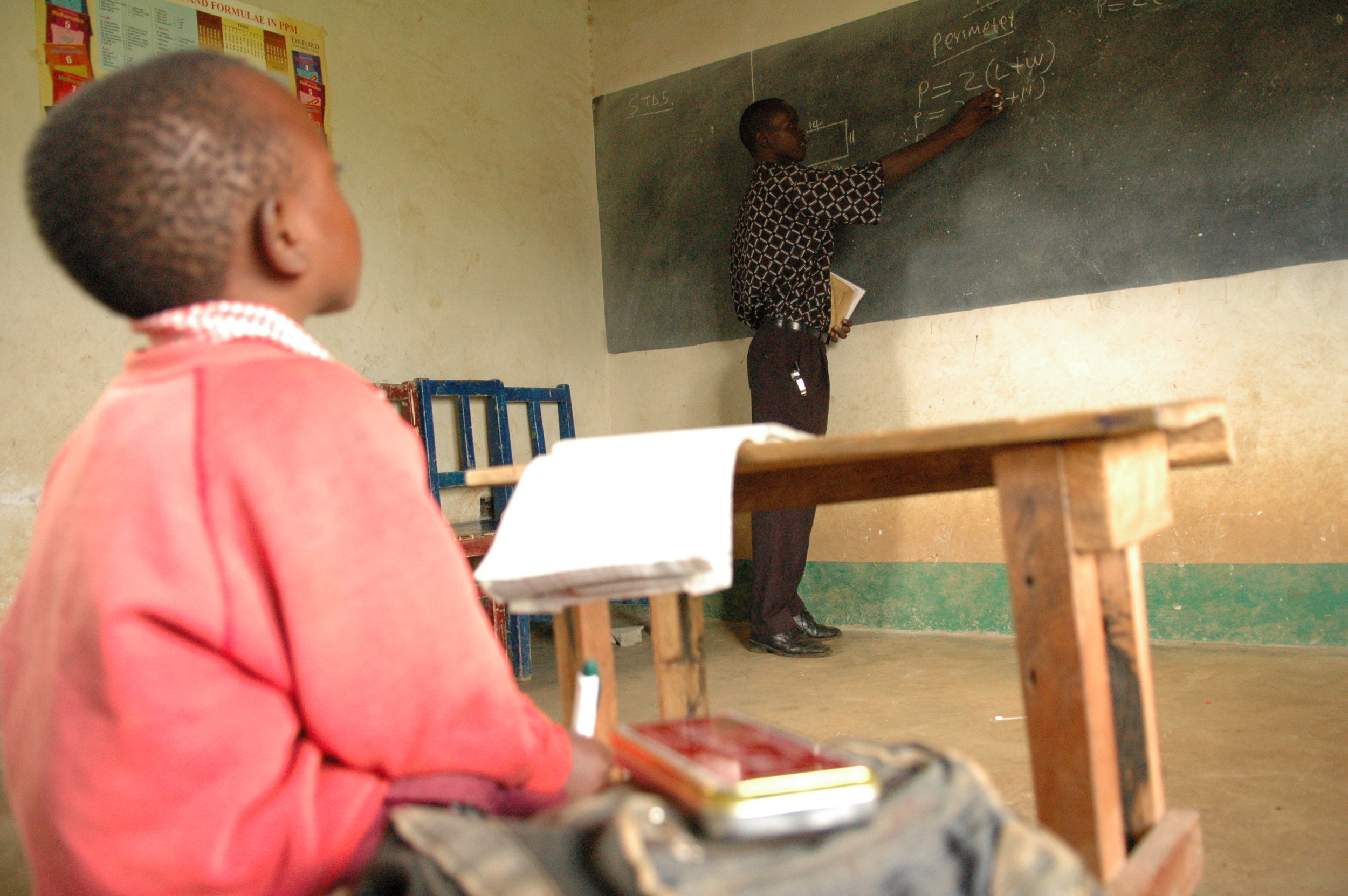Parent and Teacher Partnerships Improve Child Education
Firelight graduated partner, the Federation of Disability Organizations in Malawi (FEDOMA) is a network organization for groups that are working for children and people with disabilities in Malawi. FEDOMA acts as a mouthpiece and the voice of the disabled in Malawi through advocacy and awareness-raising campaigns. FEDOMA recently used Firelight funds to carryout campaigns to improve access to social services, including education and nutrition, and thus uphold the rights of children with disabilities.


The issues facing children with disabilities and their families are not unlike issues faced by children with disabilities in the U.S. Much of the programming FEDOMA has developed for the context in Malawi could easily be replicated here. One strategy FEDOMA recently shared with us helps parents to establish partnerships with teachers. This way, parents ensure their children receive the care and support they need in order to succeed.
FEDOMA’s Steps to Success
Here is a list of strategies that parents can use to create a successful partnership with teachers in the inclusive classroom:
- Inform the School: When registering your child for school, indicate in writing that he or she has a disability and specify the type of disability
- Meet with the Principal: You can ask questions related to school safety, routines, resources and steps that will be taken to address your child’s special needs.
- Meet with the Teacher: Do this as soon as soon as the child is registered and definitely before the first day of class. Use this time to introduce yourself and share information about your child and inform the teacher on the special needs the child requires.
- Develop a Communication Strategy: Set up the best method to communicate with the teacher to share brief updates and information about your child’s progress.
- Conduct monthly meetings with the teacher, and the principal: Do this to show the teacher and the principal that you care about the future of your child, this was after we realized that most parents neglect their children the moment they get enrolled in school.
- Use of role models with disabilities: The use of persons with disabilities who have made it in life as role models to inspire teachers, children with disabilities and also parents.
This strategy has been a success because constant monitoring and interest by the parent enables the teacher and other children without disabilities to show interest as well and it minimizes discrimination.
FEDOMA has seen greater awareness among parents, teachers, and the wider community in responding to the needs of children with disabilities after implementing this strategy. They told us that their work has “broadened and strengthened an understanding of the diversity inherent in our communities. Inclusive education illustrates that children who have a disability belong in the community and has prepared children who have a disability for an inclusive life.”
Follow FEDOMA on Facebook and Twitter!
Mussa Chiwaula the Executive Director of FEDOMA collaborated with Mia Schmid on this blog post.

